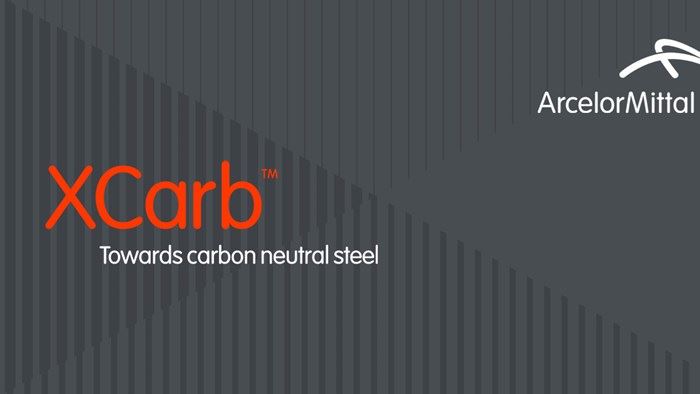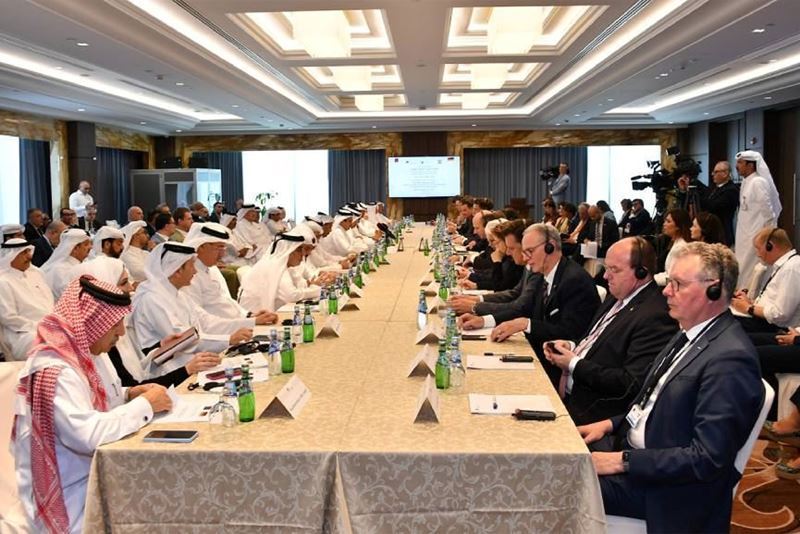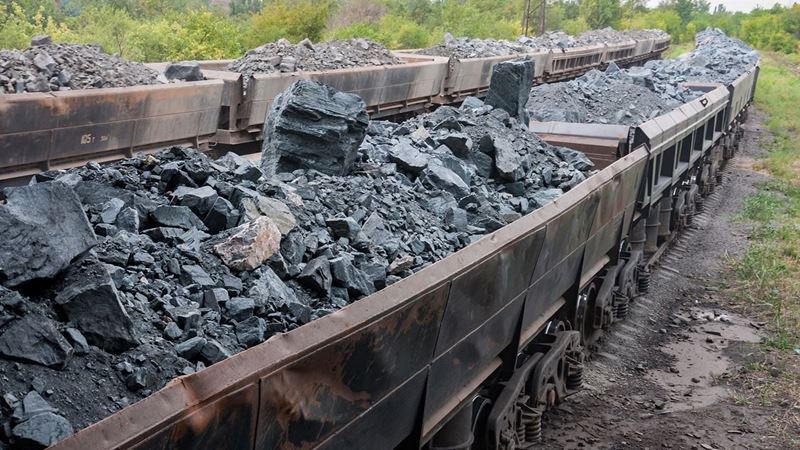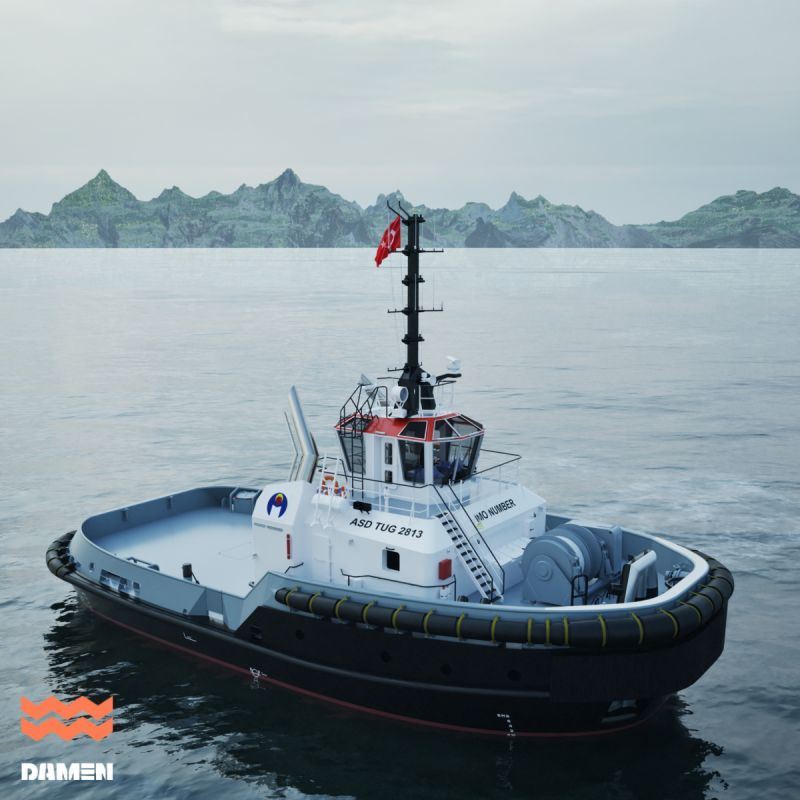XCarb represents ArcelorMittal's range of low carbon emission products with a strong emphasis on sustainability.
In a notable collaboration, ArcelorMittal has joined forces with French automotive supplier Snop to conduct experiments using Usibor, a high-strength steel with low carbon emissions, in structural car parts. The partnership, currently in the testing phase, includes an agreement to supply and purchase various XCarb solutions, including XCarb green steel certificates.
The use of steel accounts for 96 per cent of the CO2 emissions from Snop's purchases. In line with its sustainability goals, the company aims to reduce Scope 3 supply chain emissions by 30 per cent before 2030. Usibor plays a vital role in achieving these targets with a 70% lower CO2 footprint compared to conventional steel.
ArcelorMittal Europe is committed to reducing emissions by 35% before 2030 and ultimately achieving net zero emissions by 2050. Production of XCarb low-carbon products began last year at the Sestao plant, using an electric arc furnace process, scrap steel and 100% renewable electricity. The global XCarb programme, launched in 2021, reinforces the company's efforts and investments in low-carbon and carbon-free steels, while encouraging further initiatives and innovation projects.
Among the key developments in the low carbon steel sector, ArcelorMittal Germany now offers XCarb profiles in grades such as S235JR+M and S355J2+M in sizes ranging from HE100 to HE300 and IPE180 to IPE600. The steelmaker also supplies XCarb-certified sheet piles from its Belval plant in Luxembourg to Egersund, one of Norway's largest fishing ports. In Latin America, the company recently made a significant step forward in the region by introducing the first 50S XCarb rebar in Brazil.
Through their joint work, ArcelorMittal and Snop are at the forefront of promoting innovation and sustainability in the automotive industry, utilising XCarb steel to reduce CO2 emissions and pave the way for a greener future.











Comments
No comment yet.